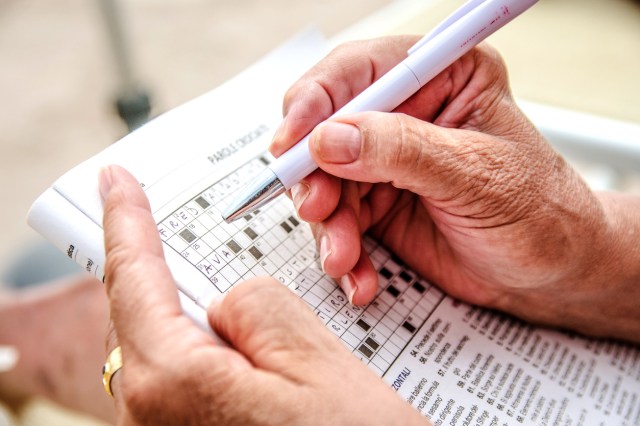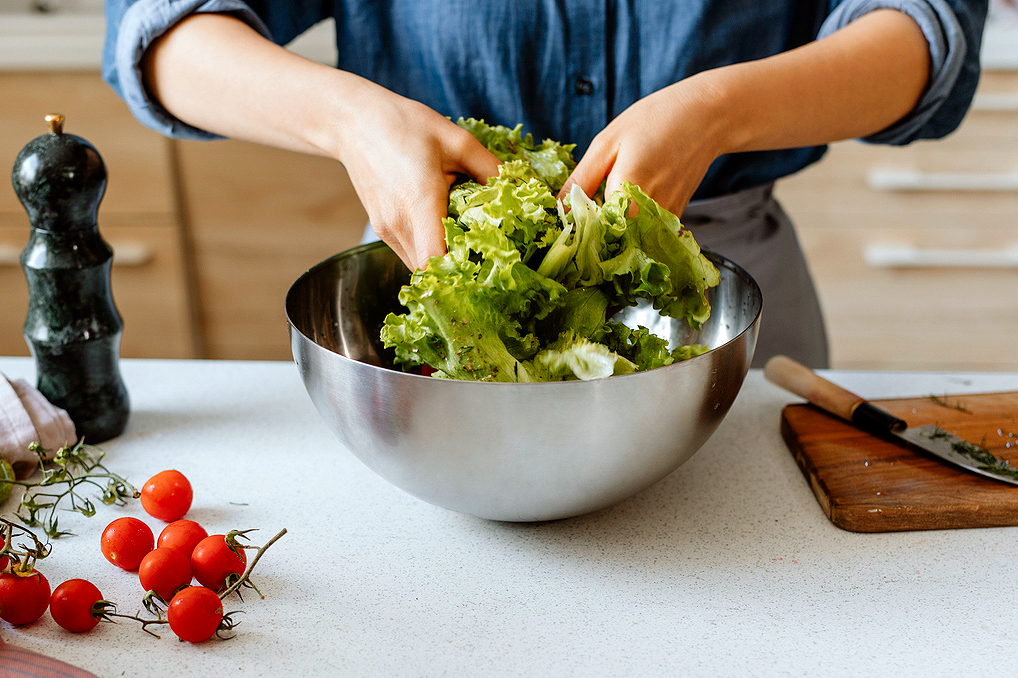In our fast-paced world, there are endless things to remember, and much to our frustration, it often feels impossible to keep everything in order. Car keys and glasses are lost, and due dates and birthdays are forgotten. Fortunately, improving your memory isn’t hard. Here are seven (relatively) simple tasks to incorporate into your daily routine to improve your memory. And as a bonus — they won’t require much of your time.

Go for a Walk
Exercise supports the growth of new brain cells and neurotransmitters, which helps improve memory. Focus on incorporating short, basic exercises into your daily routine to gain the most memory benefits. Doctors from Harvard University recommend moderate exercise, such as brisk walking for around 20 minutes daily.

Learn Something New
Just as our muscles become stronger by being worked, so do our brains. Learning new things forces the brain to create new neural pathways, which send signals from one part of the brain to another. The more active the brain is, the healthier it remains, indirectly improving memory. To make the most of this memory-improving hack, take 20 minutes daily to practice a new language, learn a new recipe, or play trivia games.

Drink Coffee
Your morning cup of joe gives you more than just an energy boost. Researchers at Johns Hopkins University believe that caffeine may also enhance long-term memory. They tested the theory in a memory exam during which participants were asked to memorize images. Participants who were given 200-milligram caffeine tablets performed better than participants with no caffeine. However, this doesn’t give you a free pass for a 24/7 Java jolt. You should consume no more than 400 mg of caffeine daily, about four 8-ounce cups of coffee.
Reader Favorites

Get More Sleep
This memory-boosting trick only requires you to do one thing: Stay in bed longer. When you go to sleep, the brain sorts through recent memories, decides what to keep and forget, and connects new memories to older ones. However, sleep deprivation can interrupt this process and lead to memories becoming distorted or lost.
Sleep scientist Dr. Matthew Walker also emphasizes the importance of sleep before and after learning something new. Sleeping before learning helps prepare the brain to create new memories; sleeping after learning is essential to retaining new information. If you aren’t getting between seven and nine hours of sleep each night, you might want to rethink your nighttime routine.

Meditate
Meditation is touted as a way to reduce stress by lowering your heart rate and blood pressure while making you feel more present. This affects memory, which improves when stress levels are lower. A plus about meditating is that you can do it anywhere. A simple meditation is to breathe deeply and just pay attention to the breath going in and out of your body. Of course, there are many ways to meditate, so we encourage you to find the practice that’s right for you.

Eat a Salad
Mom was right when she told you to eat your veggies — a salad is one of the best meals for your brain. Dark, leafy greens may help slow cognitive decline thanks to nutrients such as vitamin K, lutein, folate, and beta-carotene. Berries, a flavorful salad topper, are known for their high levels of antioxidants, which can prevent oxidative damage to the brain and memory-impairing dementia.

Listen to Music
Music can help us recall memories from long ago by activating memory regions in the brain. For example, listen to a song you associate with a significant life event, such as a wedding dance or a graduation. The more you listen to the song, the more memories you’ll be able to recall and retain.
Featured Image Credit: Yunio Baro Gomez/ iStock
More From Our Network
Better Report is part of Inbox Studio, an email-first media company. *Indicates a third-party property.
















